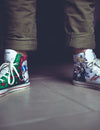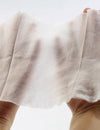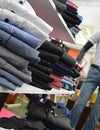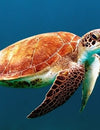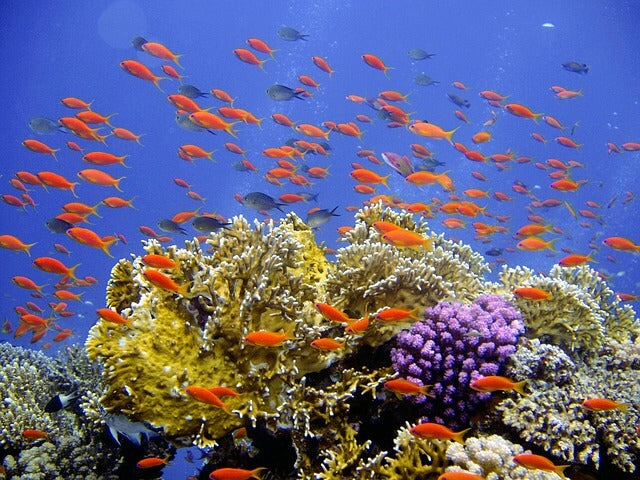
A study published last year by an international team of researchers through Cornell University found that the many millions of tons of plastic items and resulting microplastic particulate currently floating in our oceans, while deadly to almost all other living things, are the perfect habitat and breeding ground for bacterial colonies devastating to coral reefs. These corals, essential to the health of the entire global ecosystem both in and out of the water, provide homes, nesting grounds, and food for sea life that eventually feeds both land animals and humans. Already threatened by rising sea temperatures, and quickly vanishing from most of its natural range, the outlook for our corals is increasingly grim as more and more plastics make their way into the water on a daily basis.

Joleah Lamb, a postdoctoral research fellow at Cornell and the study's lead author, explains that "plastics make ideal vessels for colonizing microscopic organisms that could trigger disease if they come into contact with corals...Plastic items - commonly made of polypropylene, such as bottle caps and toothbrushes - have been shown to become heavily inhabited by bacteria. This is associated with the globally devastating group of coral diseases known as white syndromes." In fact, Joleah and her team estimate the disease rate in corals jumps from 4% to 89% when coming into contact with plastic debris. In the Asia-Pacific region alone, scientists estimate there are around 11.1 billion individual plastic items tangled and clinging to its dying reefs.
For the study, 159 reefs in Australia, Indonesia, Myanmar, and Thailand were surveyed and examined for signs of disease and number of plastic items per 100 square meters. Of the countries and reefs surveyed Australia fared the best, with 0.4 items per 100 square meters, while Indonesia was the most polluted at 25.6 items in the same amount of space. In total, nearly 125,000 individual reef-building corals were examined by the Cornell team.
Want to learn more? Read the original source article from Cornell University!
Click here: Oceanic plastic trash conveys disease to coral reefs




